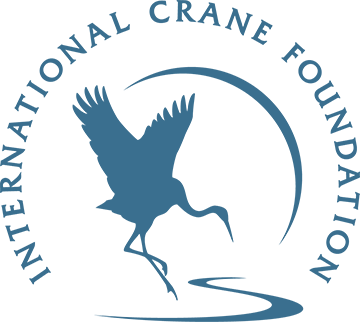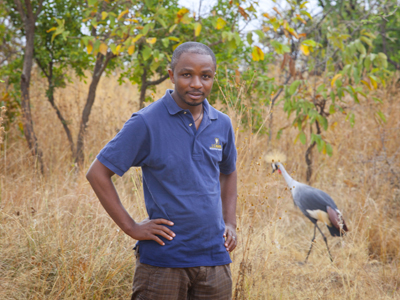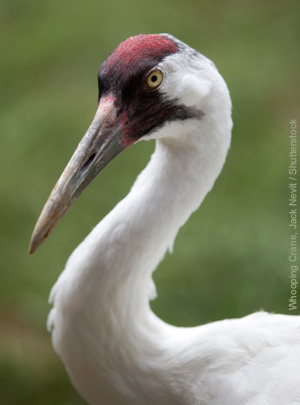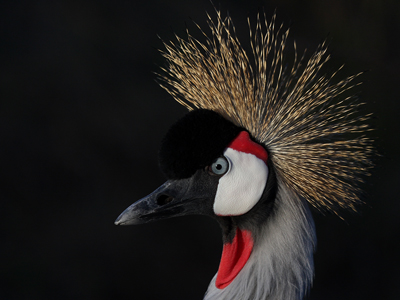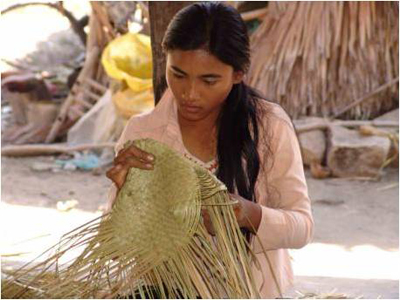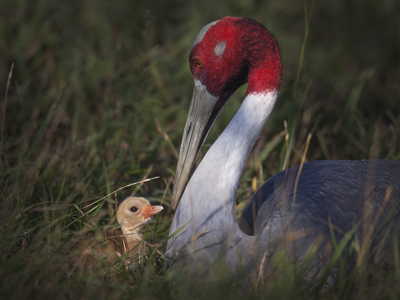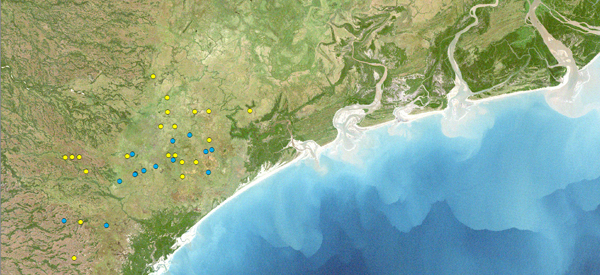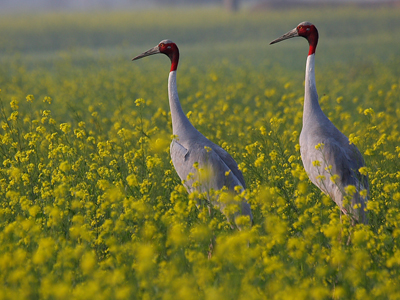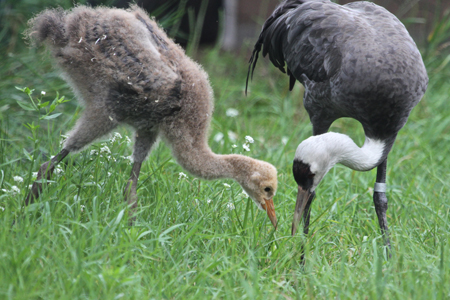
A single individual can make a difference, and the International Crane Foundation and our major partner in Africa, the Endangered Wildlife Trust, congratulate wildlife conservationist and veterinarian, Olivier Nsengimana, for receiving the 2014 Rolex Award for Enterprise for his work to protect Grey Crowned Cranes in Rwanda.
Results for "❤️ Beste Dating-Site: www.Dating4Me.site ❤️ Leitfaden Für Weiße Männer Zur Datierung Einer Schwarzen Frau"
Major Bird Conservation Groups Oppose Merricourt Wind Energy Project in North Dakota
 Two leading bird conservation groups, American Bird Conservancy and the International Crane Foundation, have sent a joint letter to the U.S. Fish and Wildlife Service (FWS) voicing strong concerns about renewed consideration of the Merricourt wind energy project in North Dakota.
Two leading bird conservation groups, American Bird Conservancy and the International Crane Foundation, have sent a joint letter to the U.S. Fish and Wildlife Service (FWS) voicing strong concerns about renewed consideration of the Merricourt wind energy project in North Dakota.
Give Thanks
 In celebration of the upcoming Thanksgiving holiday, we asked our staff what they are thankful for this year. Following is what they shared (we think you’ll be inspired!)
In celebration of the upcoming Thanksgiving holiday, we asked our staff what they are thankful for this year. Following is what they shared (we think you’ll be inspired!)
ICF Partners with American Bird Conservancy to Protect Grey Crowned Cranes

Rhinos and elephants aren’t the only animals threated by wildlife trafficking – illegal capture and trade is also causing the Endangered Grey Crowned Crane to disappear from Africa.
ICF Receives Disney Conservation Grants

ICF has been awarded two $25,000 grants from the Disney Worldwide Conservation Fund (DWCF). The conservation grants recognize ICF’s efforts to protect critical habitats for threatened cranes while engaging local communities in Vietnam and South Africa.
Notes from the President
 In June we basked in another glorious Evening with the Cranes – how delightful to stroll our site with friends and supporters, and feast in local flavors, regional wines, and prairies in peak bloom. As with our big Anniversary Gala last year in Milwaukee, we are learning how to throw a good party in honor of all of you who make our work possible.
In June we basked in another glorious Evening with the Cranes – how delightful to stroll our site with friends and supporters, and feast in local flavors, regional wines, and prairies in peak bloom. As with our big Anniversary Gala last year in Milwaukee, we are learning how to throw a good party in honor of all of you who make our work possible.
Rare Sarus Crane Chick Hatches at ICF

On Monday, August 18, 2014, a rare Sarus Crane chick named Curry, hatched at the International Crane Foundation. The parents are Majnu, a 51 year-old male who hatched in the wild in India, and Chandini, a 14 year-old female.
Visualizing Conservation through GIS
 This summer, ICF received an in-kind donation from the ESRI Conservation Program of over $9,500 that allows us to maintain our GIS (Geographic Information System) software and provides technical support when we need it most.
This summer, ICF received an in-kind donation from the ESRI Conservation Program of over $9,500 that allows us to maintain our GIS (Geographic Information System) software and provides technical support when we need it most.
ICF's Sarus Cranes Contribute to Breeding Goals One Egg at a Time
 Recently, we learned from the Sarus Crane Studbook keeper that Majnu, our 51 year old male Indian Sarus Crane, along with Chandini, a 12 year old female on loan to ICF from the Gulf Breeze Zoo in Florida, are not only a good genetic pair, but there is a need for their offspring in captivity.
Recently, we learned from the Sarus Crane Studbook keeper that Majnu, our 51 year old male Indian Sarus Crane, along with Chandini, a 12 year old female on loan to ICF from the Gulf Breeze Zoo in Florida, are not only a good genetic pair, but there is a need for their offspring in captivity.
Visitors to ICF May See Rare Hooded Crane Chick

Wasabi, a rare Hooded Crane, hatched at the International Crane Foundation on June 6, 2014. But even before that, its journey was a colorful one. Eggs produced by ICF’s captive flock are either destined for release into the wild – like those of Whooping Cranes – or play an important role as captive breeding birds to protect wild cranes for future generations.
